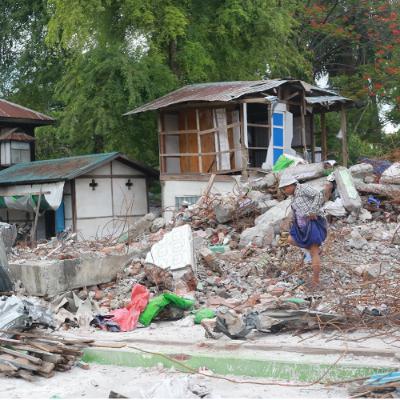Addressing landmine pollution: how the 'polluter pays' principle can help
Update: 2025-04-17
Description
Landmines, a persistent threat in post-conflict zones, pose severe risks to both human lives and the environment. These explosive devices, often buried underground, remain dormant for years, contaminating soil and water and causing long-term ecological damage. While robust legal frameworks governing landmines exist under international humanitarian law (IHL), landmine instruments have only recently begun to incorporate more explicit environmental protections.
In this post, and as part of the Emerging Voices series, Goran Sandić, Researcher at the University of Belgrade and Coordinator of the Belgrade International Law Circle, argues that the “polluter pays” principle – originally formulated in international environmental law – can serve as an interpretive lens to reinforce the responsibility of states and other actors for environmental harm arising from landmine use. By weaving this principle into existing processes, we can more effectively address the ongoing costs of landmine remediation and underscore the responsibility of parties that violate fundamental obligations under IHL. This approach aims to support environmental justice while enhancing the legal framework for armed conflicts, which could influence post-conflict recovery efforts and mine action globally.
In this post, and as part of the Emerging Voices series, Goran Sandić, Researcher at the University of Belgrade and Coordinator of the Belgrade International Law Circle, argues that the “polluter pays” principle – originally formulated in international environmental law – can serve as an interpretive lens to reinforce the responsibility of states and other actors for environmental harm arising from landmine use. By weaving this principle into existing processes, we can more effectively address the ongoing costs of landmine remediation and underscore the responsibility of parties that violate fundamental obligations under IHL. This approach aims to support environmental justice while enhancing the legal framework for armed conflicts, which could influence post-conflict recovery efforts and mine action globally.
Comments
In Channel
























